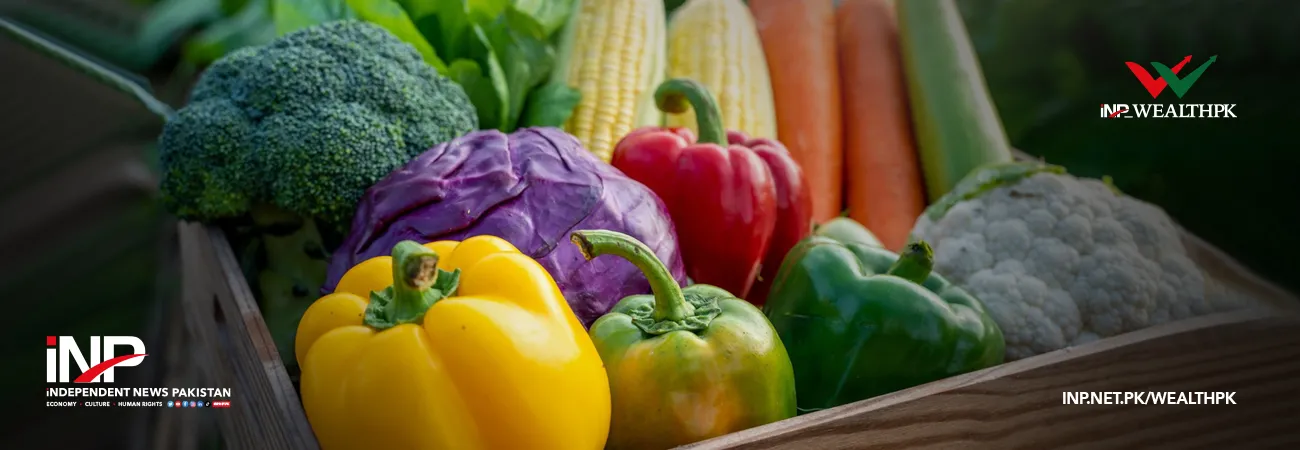INP-WealthPk
Arooj Zulfiqar
Strengthening public-private partnerships (PPPs) is imperative to address the export challenges facing Pakistan's horticulture sector, reports WealthPK. These collaborations can unlock the untapped potential of the sector, driving profitability and sustainable growth.

“Pakistan’s diverse agro-climatic zones offer a natural advantage for cultivating fruits, vegetables, and flowers. However, limited value addition, inadequate infrastructure, and significant post-harvest losses remain critical obstacles to leveraging the sector's potential,” said Dr Hidayat Ullah, Principal Scientific Officer (Horticulture) at the National Agricultural Research Council (NARC). One of the most significant challenges facing Pakistan's horticulture sector is the post-harvest losses. Post-harvest losses alone account for up to 40% of produce wastage, translating into financial setbacks for farmers and exporters. “Lack of modern facilities like cold storage and efficient transportation networks further hampers the ability to access international markets efficiently.
To bridge these gaps, collaboration between the private sector and government institutions is vital,” he said. “Partnerships can streamline export processes and enhance Pakistan’s global market presence. Public-private cooperation can help address the export barriers by improving access to infrastructure, ensuring compliance with the international standards, and creating a cohesive strategy for market expansion,” he said. “Investment in value addition, such as processing and packaging, is crucial to enhancing profitability and meeting the global demand for processed horticultural products. Rather than exporting raw produce, focusing on high-value processed goods can open new avenues for revenue generation,” Dr Hidayat added.
To ensure the reach of horticulture sector to its full potential, fostering innovation through research and technology transfer must also be prioritized within public-private partnerships. Collaborative projects among government bodies, academic institutions, and private enterprises can drive the adoption of modern agricultural practices, such as precision farming, advanced post-harvest management, and climate-resilient crop varieties. “These initiatives can enhance productivity, minimize losses, and improve the quality of produce to meet the stringent requirements of international markets. By integrating innovation into the value chain, Pakistan can position itself as a competitive player in the global horticultural market while simultaneously empowering local farmers and entrepreneurs,” he said.
Credit: INP-WealthPk













